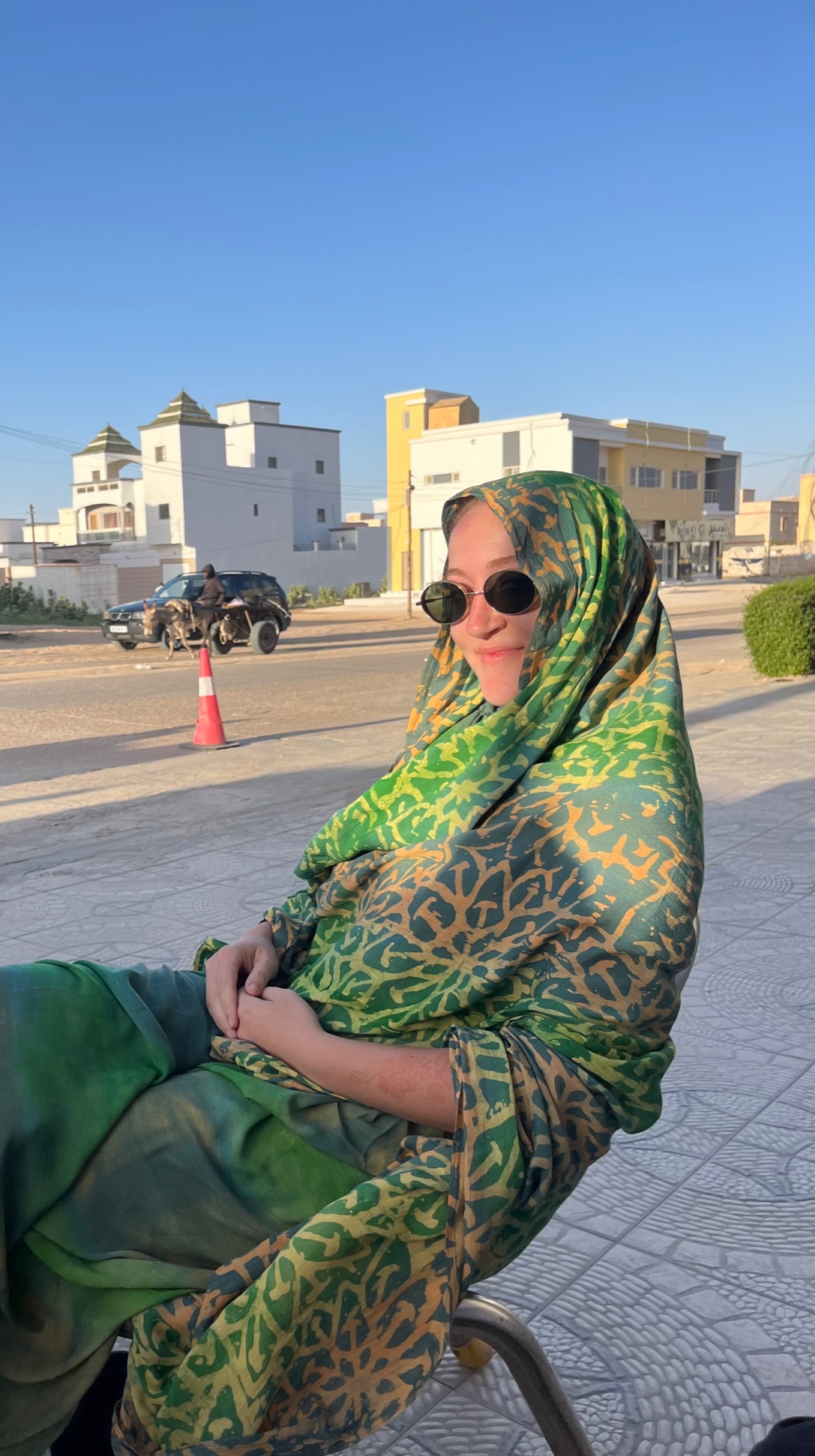In Libya, the 17 th of February is celebrated as Revolution Day, marking the anniversary of the start of the 2011 Libyan Revolution that led to the overthrow of Muammar Gaddafi’s 42-year rule. For Libyans, this day holds great significance, not just for remembering the fall of a dictator, but also for reflecting on the revolution’s legacy and its ongoing impact on the country.
Before this, Libya already had a public holiday called Revolution Day, but that was celebrated on the 1 st of September and marked the establishment of the Great Socialist People's Libyan Arab Jamahiriya, the regime of Gaddafi. While Revolution Day under Gaddafi was marked by state-run events, today the day is more informal, with most celebrating it in the public square and parks with their family and friends.
The 2011 Libyan Revolution
On the 17 th of February 2011, protests began in Benghazi, Libya’s second largest city, following the arrest of a human rights activist. Inspired by the Arab Spring uprisings that were sweeping across the region, Libyans took to the streets to demand the end of Gaddafi’s rule. The protests quickly turned into a full-scale revolution, with people across the country rising up against the regime.
The conflict grew into a civil war, with rebel forces taking control of major cities and NATO intervening in support of the opposition. After months of fighting, Muammar Gaddafi was killed in October 2011, ending his 42-year rule. While the revolution succeeded in removing Gaddafi from power, it left Libya in a state of political instability that still affects the country today.
For most Libyans, Revolution Day is less about official ceremonies and more about celebrating the revolution in their own way. While the day used to be marked by government sponsored events and speeches, in the years following Gaddafi’s fall, Revolution Day has evolved into a more spontaneous, often chaotic, celebration.
Revolution Day today
On February 17th, people across Libya flock to parks and public squares to spend time with family and friends, reflecting the communal spirit of the revolution. This informal gathering is an opportunity for people to relax, chat, and enjoy the sense of freedom that the revolution brought.
As the day turns into evening, the celebrations often escalate. Cars drive around the streets, honking their horns and flashing their lights in a show of celebration. One of the more chaotic and dangerous aspects of the day is the widespread practice of firing guns into the air. This tradition, meant as a symbol of joy and victory, can (not too surprisingly) sometimes result in accidents.
Throughout the day and evening, people express their feelings of patriotism, frustration, and hope through various means – whether it's waving flags, chanting slogans, or gathering in groups to reminisce about the revolution. Despite the festive atmosphere, the day can also have a sense of unpredictability and disorder, with the noise of celebrations and gunfire filling the air.
While Revolution Day can feel chaotic, especially with the loud celebrations and gunfire, it is also a day of unity. It’s a chance for Libyans to come together, remember those who fought for their freedom, and reflect on the changes the country has experienced since Gaddafi’s fall. Despite the political instability and ongoing conflicts, the spirit of the revolution remains alive in the hearts of many Libyans.
Revolution Day is not just about celebrating the past; it also serves as a reminder of Libya’s ongoing journey. Since the fall of Gaddafi, Libya has struggled with political fragmentation, violence, and a lack of unified governance. Revolution Day, therefore, is as much about looking forward as it is about looking back.
If you want to experience the celebration for yourself, then why not join our Libya Revolution Day tour! You can have a look at our Libya tours here.


